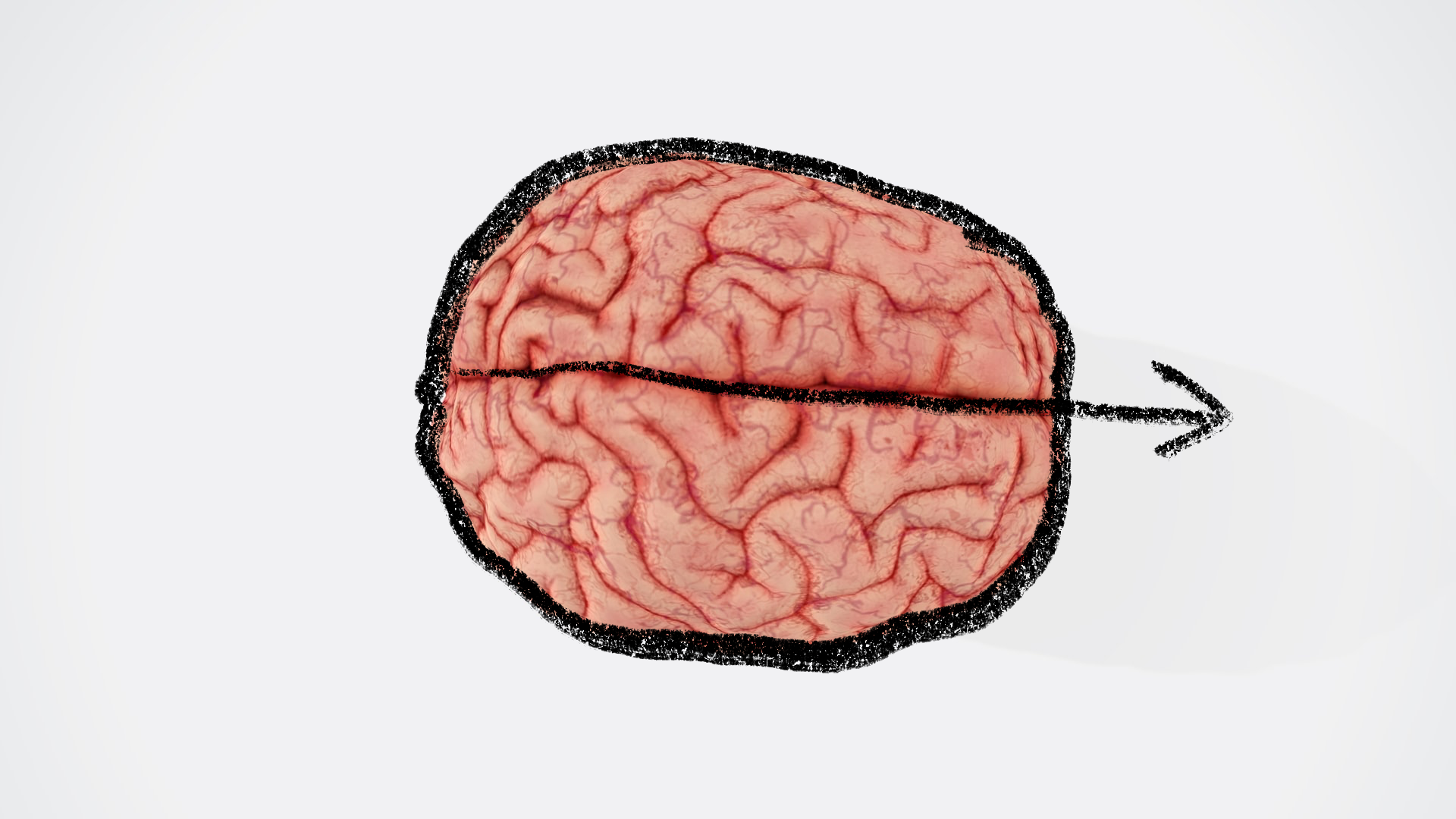Saved by Lillian Sheng and
The Neuroscience of Achieving Your Goals
Imagine The Worst In order to take consistent action and stay motivated with your goals over the long run, it might be useful to experiment with going somewhere slightly darker. Dr. Huberman explains that it’s actually very motivating to think about what it will be like if you fail.
every.to • The Neuroscience of Achieving Your Goals
PART I - GOAL SETTING Y ou should set your goals so that you achieve them 85.13% of the time.
every.to • The Neuroscience of Achieving Your Goals
PART II - GOAL PURSUIT
every.to • The Neuroscience of Achieving Your Goals
Make A Plan A specific goal is better than a vague goal. But in the quest to set the perfect goal, we often miss one crucial detail—all goals are surprisingly useless without a certain type of plan.
every.to • The Neuroscience of Achieving Your Goals
- Step one was to write down a few goals they wanted to achieve throughout the day ahead.
- Step two was to write down any obstacles that might come up which could potentially derail their success.
- Step three was to describe what they’d do to overcome those obstacles if and when they came up.
every.to • The Neuroscience of Achieving Your Goals
Bilateral Prefrontal Cortex - Like any good CEO, your BLPFC helps you make plans, think across different timescales, and override habitual behavior—essential functions for goal setting.
every.to • The Neuroscience of Achieving Your Goals
Assessing Value - When your brain is assessing value it is calculating the rewards and punishments associated with taking or avoiding a specific course of action and ultimately decides which actions are worth pursuing.
every.to • The Neuroscience of Achieving Your Goals
Amygdala - Like all brain regions, the amygdala does many things, but you’ll usually hear it associated with fear and negative emotion. When it comes to goal pursuit, the amygdala appears to act as an emotional calculator—predicting how rewarding or unpleasant the outcome of different goals and tasks might be.
every.to • The Neuroscience of Achieving Your Goals
Procrastinate with Other Tasks Here’s why some pre-task multitasking can work:“It probably reflects some adaptive mechanism where you use action and somewhat varied multitasking action in order to generate adrenaline in your system, because adrenaline just gets you into action.”
